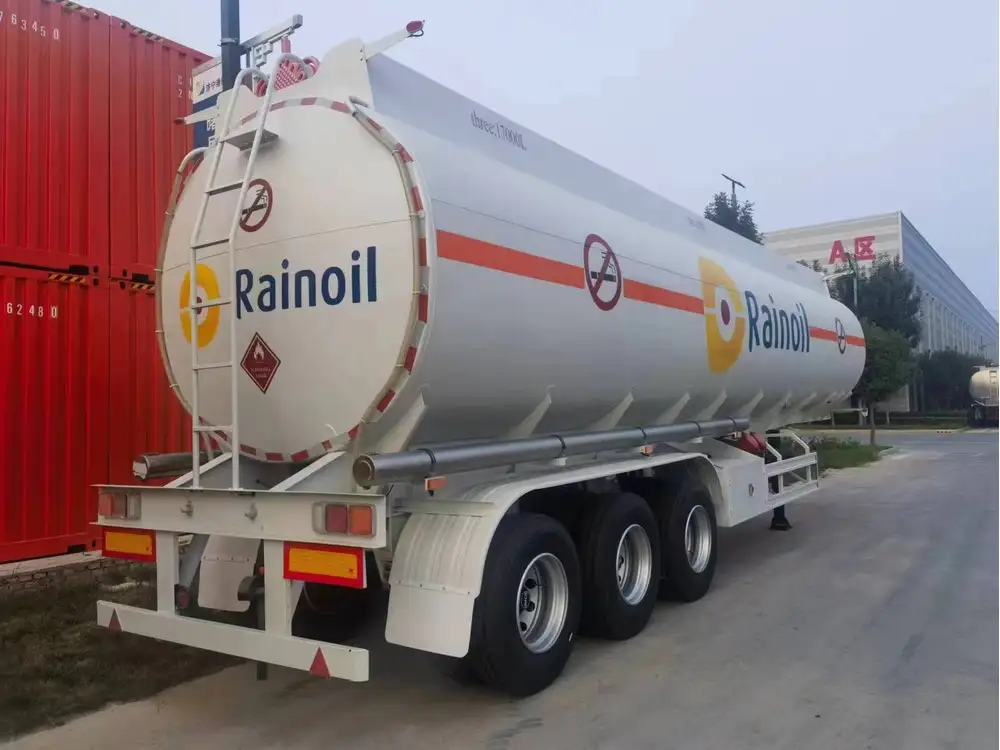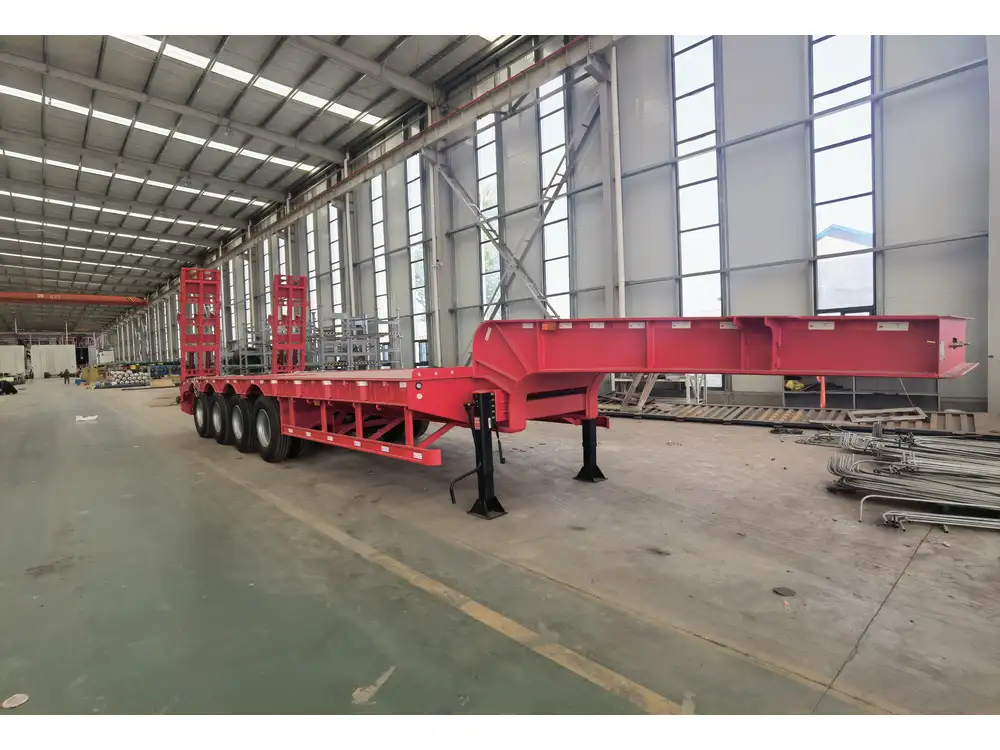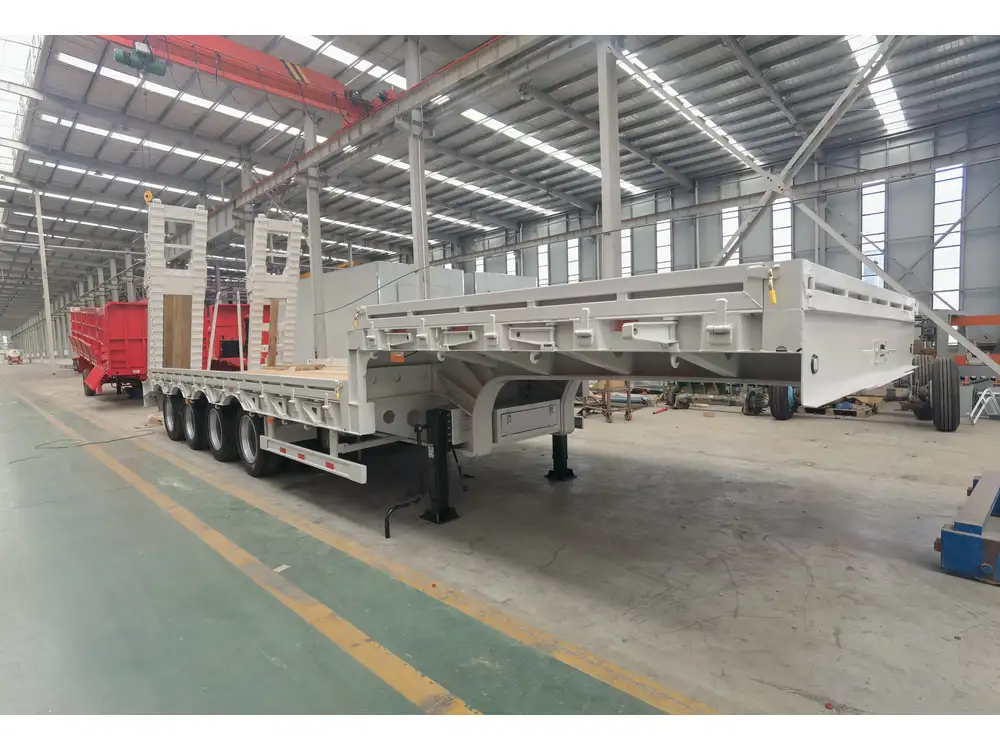When considering the transport of vehicles, a car dolly emerges as a pivotal piece of equipment. Understanding not only the “how much” but also the range of features and implications associated with car dollies can help consumers and businesses make informed decisions. The cost of a car dolly varies widely depending on various factors, including type, features, and brand. Let’s delve into the intricacies of car dolly pricing, together with a comparison of the main options available and some valuable tips for potential buyers.
Types of Car Dollies and Their Average Costs
1. Standard Tow Dollies
Cost Range: $800 – $1,500
Standard tow dollies are designed to carry the front wheels of a vehicle while the rear wheels remain on the road. This makes them ideal for towing front-wheel-drive cars. They are generally more affordable than other towing solutions.
Features:
- Lightweight yet durable frame.
- Adjustable wheel straps for securing vehicles.
- Tow bar attachments compatible with most vehicles.
Considerations:
- Vehicle weight capacity limits.
- Potential additional costs for accessories like safety chains.

2. Hydraulic Dollies
Cost Range: $1,500 – $3,000
A hydraulic dolly provides smoother and easier loading and unloading, thanks to its hydraulic lift mechanism. This option is particularly advantageous for larger and heavier vehicles.
Features:
- Hydraulic jacks for easy lifting.
- Greater weight capacity, allowing for heavier vehicles.
- Enhanced stability while towing.
Considerations:
- Higher maintenance costs associated with hydraulic systems.
- Requires more storage space due to size.
3. Car Transport Trailers
Cost Range: $3,000 – $7,000
For those needing to transport vehicles more regularly or at greater distances, a full car transport trailer may be the best option.
Features:
- Full protection for vehicles being transported.
- Various braking systems for safety.
- Multiple axle configurations to handle increased weight.
Considerations:
- More complex to operate.
- Requires a vehicle with sufficient towing capacity.
Factors Influencing Car Dolly Pricing

1. Brand Reputation
Well-established brands often command higher prices due to their reputation for quality and reliability. Investing in a recognized brand can be beneficial, especially concerning maintenance support and warranty services.
2. Material and Build Quality
The quality of materials used in construction significantly influences the price. Steel dollies may be more expensive than aluminum models, but they offer enhanced durability and weight capacity.
3. Features and Accessories
As noted previously, the presence of additional features (like hydraulic lifts, adjustable wheel cradles, and lightweight designs) impacts the price. Customers should evaluate what features are essential for their needs versus those that may contribute to unnecessary costs.

4. Region and Availability
Prices can vary geographically based on the economic conditions of the area, supply chain factors, and local competition. It’s prudent to compare costs across different regions or suppliers online.
Comparing Car Dollies: Features vs. Price
For potential buyers, assessing the trade-offs between price, features, and intended use is paramount. Below is a comparative table illustrating key models and their characteristics.
| Model | Type | Weight Capacity | Price Range | Best For |
|---|---|---|---|---|
| Tow-Master Dolly | Standard Tow Dolly | Up to 4,200 lbs | $800 – $1,200 | Casual vehicle transport with budget in mind |
| Carry-On Hydraulic | Hydraulic Dolly | Up to 7,000 lbs | $1,800 – $2,500 | Larger vehicles requiring frequent towing |
| Stehl-Trailer | Full Car Transport Trailer | Up to 10,000 lbs | $3,500 – $7,000 | Reliable long-distance transportation |
Essential Accessories for Car Dollies
Investing in a dolly often requires additional accessories to ensure safety and usability. Here’s a brief list of must-have items:
Safety Chains: Essential for compliance with towing regulations and enhancing safety during transport.
Straps and Tie-Downs: Various types of straps (ratchet or cam-buckle) are necessary to secure vehicles properly to prevent shifting during towing.
Lighting Kit: Required for compliance with road safety standards, especially for trailers.
Towing Mirrors: Beneficial for increasing visibility while towing a dolly.
Manual or Automatic Leveling System: Ensures the vehicle is level on the dolly, which can impact safety and handling.

Frequently Asked Questions (FAQs)
How Do I Choose the Right Car Dolly?
Choosing the right car dolly involves assessing your specific needs, including what type of vehicle you plan to tow, the distance, and frequency of use. Always check the weight requirements and compatibility with your towing vehicle.
Can I Tow a 4-Wheel Drive Vehicle on a Car Dolly?
Yes, but it depends on the type of dolly. Most tow dollies are designed for front-wheel-drive vehicles, and towing a 4WD vehicle can result in drivetrain damage if the vehicle is not flat-towed using a full trailer.

What Maintenance is Required for a Car Dolly?
Regular maintenance includes checking tire pressure, inspecting the frame for rust or damage, ensuring brake systems are functional, and regularly lubricating moving parts.
Is a Car Dolly Safe for Long Distance Towing?
When used correctly, with a vehicle that meets the weight limits and safety precautions, a car dolly can safely transport vehicles over long distances.
What Are the Alternatives to Car Dollies?
Alternatives to car dollies include flatbed trailers, tow trucks, and vehicle transport services. Each has its benefits and costs, and the best choice depends on individual needs.

Tips for Purchasing a Car Dolly
Research and Compare: Take the time to explore different brands and models, read reviews, and compare prices from various suppliers.
Consider Used Options: Buying a used car dolly can save money, but always check for wear and tear and ensure that it meets safety regulations.
Understand Insurance Needs: Before investing in a dolly, check with your insurance provider about coverage during use. This can save potential costs down the road.
Test the Dolly: If possible, test the dolly before purchase. Ensure it meets your operational comfort and safety guidelines.
Warranties and Support: Opt for options that provide robust warranties and customer support in case issues arise post-purchase.
Conclusion
Purchasing a car dolly can be a worthwhile investment, especially when one understands the variety of models, their respective costs, and the safety essentials involved in their operation. From standard tow dollies to hydraulic and full trailers, each option presents unique benefits tailored to various needs. By conducting thorough research, assessing features against price, and preparing for ongoing maintenance, buyers can make a confident purchase that serves them well for years to come. Whether for personal use or as part of a business, understanding how much a car dolly costs—and what that cost entails—sets the foundation for a successful and efficient vehicle transport experience.



